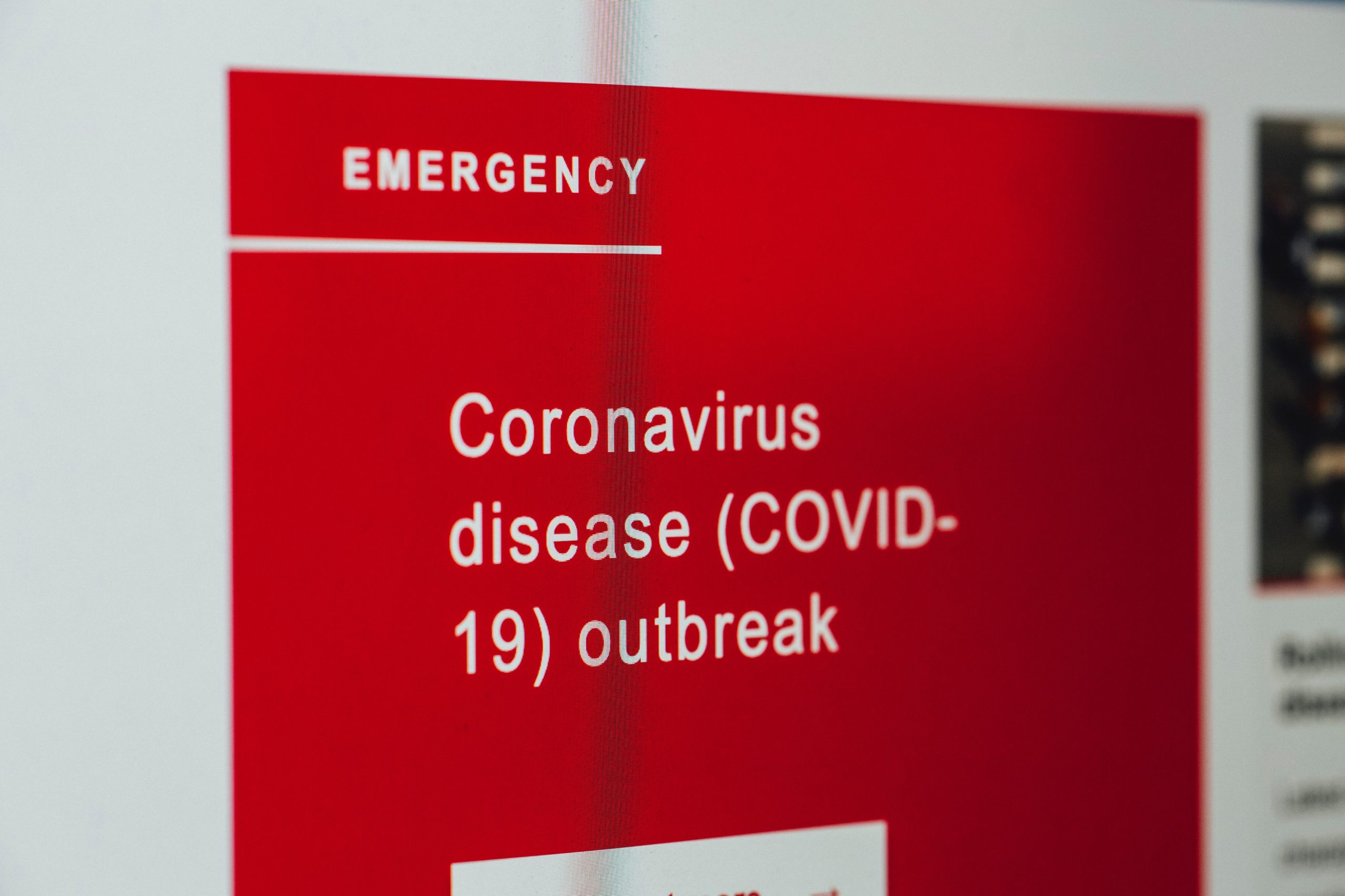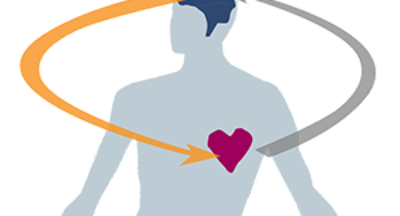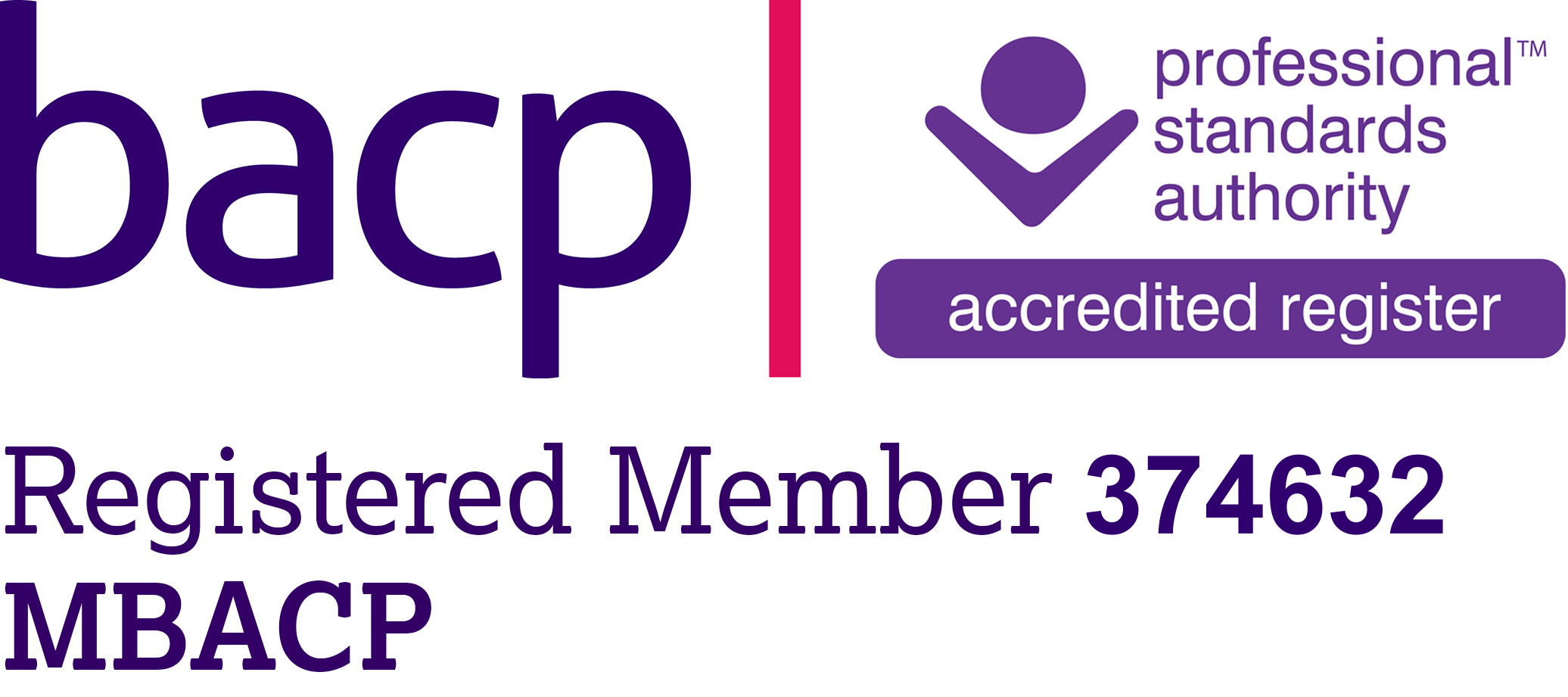
Emotional Wellbeing during Covid-19
About this Guide
At present, given the worldwide health emergency and the inevitable restrictive measures that are affecting our lives, it is natural to worry. However, it is important to take steps to prevent these worries from becoming excessive and to help us maintain a level of emotional wellbeing during the Covid-19 spread.
I wish you all well and hope that these tips can help you stay emotionally safe during this period. If you find this helpful, please feel free to pass it on to your friends and family.
Fear
Fear is a primary emotion, essential to our survival. If we did not feel fear, we would be unable to protect ourselves from threats.
What triggers fear?
Strong triggers for fear are situations that are:
- Ambiguous: not clear how to interpret them;
- New: no previous experience that can help us know how to deal with them;
- Unpredictable: unclear how things will turn out.
Excessive Fear
A certain amount of fear and alertness is functional in the current situation. However, the line between functional activation and excess of fear is subtle.
Excessive fear prevents us from living our lives how we would like and it can
lead to dysfunctional and counterproductive behaviours. Excessive fear can affect us in a variety of ways, such as:
- Muscle tensions or aches and pains
- Difficulty sleeping
- Difficulty concentrating
- Memory difficulties
- Fatigue
- Irritability
- Restlessness and inability to relax
- Isolation
- Addiction
Also, excessive fear could lead to Panic Attacks, Generalised Anxiety, Hypochondria or Obsessive Compulsive Disorder.
Taking Care of your Emotional Wellbeing
Whilst social distancing is a very important safety measure that governments around the world are implementing to slow down the spread of Covid-19, it can have an impact on our emotional wellbeing in the long term.
Therefore, it is important to find a balance between activities that:
- give us a sense of achievement
- help us to feel close and connected with others
- give us a sense of pleasure
Coping strategies
Keep a regular routine: Set a daily timetable to give structure to your day. It is important to wake up, eat and go to bed at regular times and get ready and dressed each morning. Also, try to keep your healthy habits as much as possible. For instance, if you used to have a coffee break with a friend in the morning, try to schedule a video call at the same time.
Limit exposure to the flood of information: Set two moments during the day when you read news from reputable sources, so that you avoid exposing yourself to a constant flood of information that can inevitably increase the level of anxiety and alert.
Eat healthy: Eat regular healthy meals and drink plenty of water.
Exercise and fresh air: Include in your daily routine some form of exercise to keep yourself physically active and facilitate good rest at night. There are many free exercise videos accessible on YouTube that you could use. Also, it is important to open the windows and get regenerated with some fresh air and let sunlight into the house. If you have a garden or a balcony, spend some time outside.
Talk to friends and family: It is very important to remain socially engaged by keeping regular contact with our friends and family. Self-isolation should imply ‘physical distance’ rather than ‘social distance’. Video calls are useful tools to prevent us feeling isolated and lonely.
Engage in relaxing activity: Reading, gardening, playing with a pet, listening to music, meditating and practising yoga are only some examples of activities that can help you unplug!
Do something for yourself: It is important to keep taking care of ourselves and this can be done in many different ways. You can for example:
• Try something new (a new activity, a new recipe…)
• Learn something new (watch a tutorial video, enrol in an online course…) • Cook a meal for yourself
• Decorate a room
• Create (draw a picture, sketch, finish a project, do some knitting…)
• Clean (organise your workspace, clean and tidy up the house…)
• Take a warm bath/shower
• Be in touch with nature (plant something, do some pruning…)
• Write (keep a journal, write a letter, write a ‘thank you’ card…)
• Reconnect with old friends
Practice gratitude and kindness: At the end of each day, take some time to reflect on what you are thankful for. Try to notice new things each day: “I am grateful that I could talk to my friend” or that “it was sunny and I could sit in the garden.” You can keep a gratitude journal. Also, you can practice kindness by doing someone a favour, teaching somebody a skill or making a gift for someone.
Related Posts
Identifying emotions by making sense of body signals in Self-Harm
Deliberate self-harm is an intentional act of causing physical injury without...
TEN GROUNDING TECHNIQUES
Grounding Techniques are an essential tool to help you re-orient to the...
Why do we repeat the same negative patterns?
Some of us seem to repeat the same patterns over and over again. Choosing the...
Emotional Wellbeing during Covid-19
About this Guide At present, given the worldwide health...








